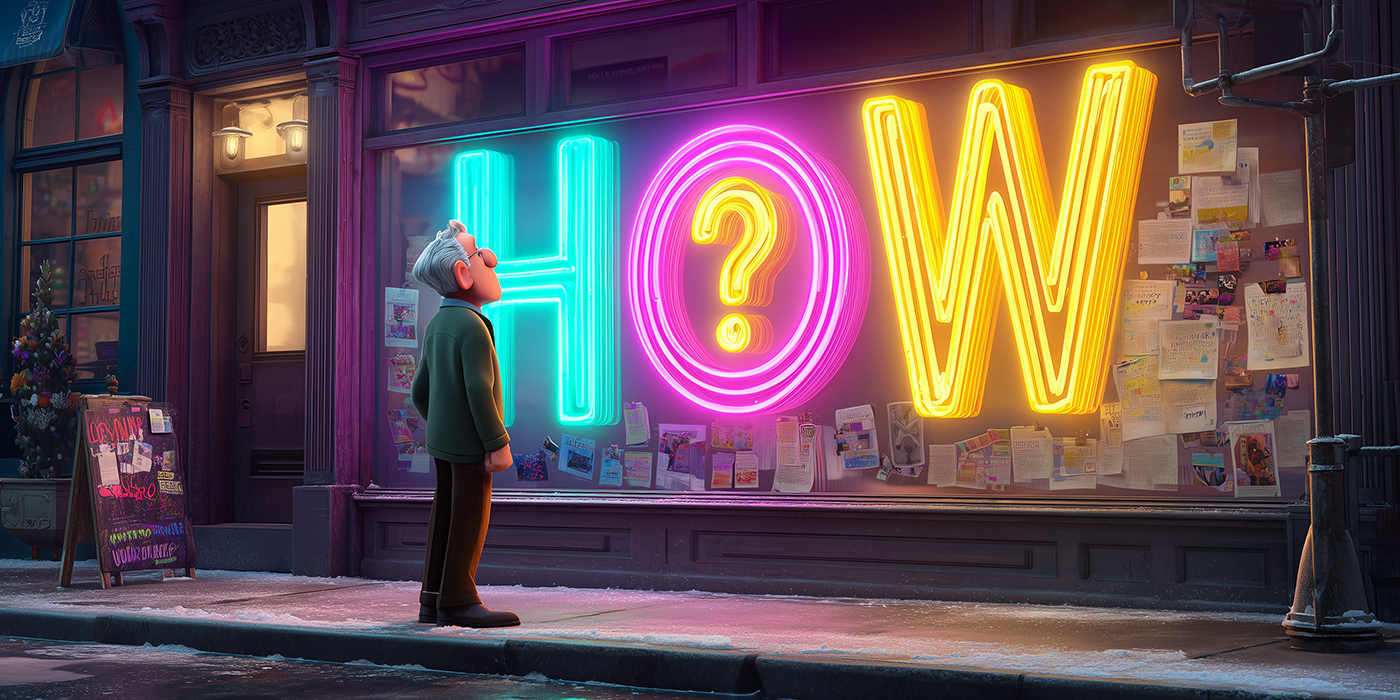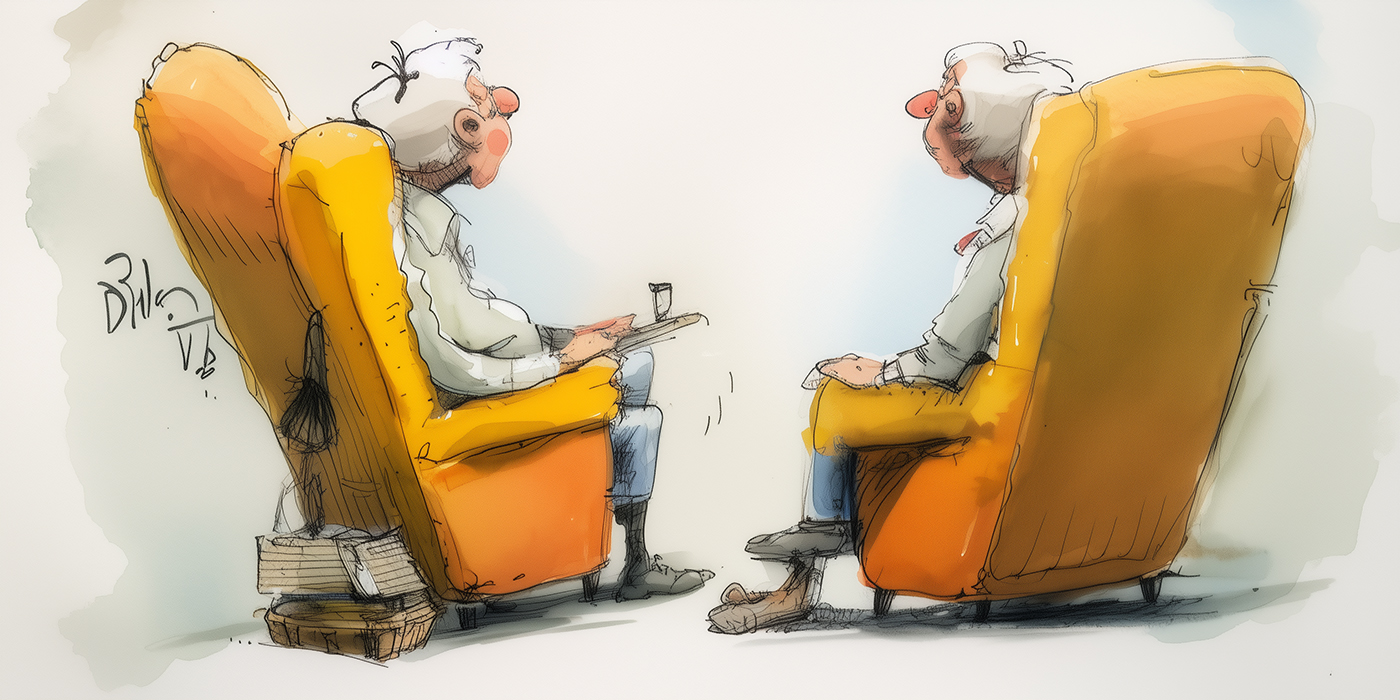My first sexual experience was with my uncle when I was nine years old. This grew into a full-blown homosexual relationship that lasted until I was eighteen. When it began, I was starved for acceptance and love, and I needed to feel wanted. When he chose me, I felt special.
My uncle used alcohol and porn as tools, and I quickly learned to use them myself. By the time I was twelve, I was getting pretty good at slamming back half fifths of tequila. Getting loaded seemed like a reasonable way of dealing with the guilt, shame and fear of what was going on. I had more than my share of pressure that needed to be handled. I added pot, speed and Valium to my routine. I spent more time loaded than straight during my teens. Sex and porn were just ways of feeling good. Who was it hurting, anyway?
Later, there was also an ongoing sexual relationship with a scout leader. Then taking what I was learning about being seduced and molested, I applied it to my younger brother.
I was hiding and I began producing characters to fit each situation. By the time I was thirty, I had disappeared, and my cast of characters took care of all my social interactions. Depending on the circumstance, I could play the father, the technician, the musician, the dope-head, the husband, and just about any other role I thought would make me more acceptable. What I knew for certain was that there was a key to happiness that others had, and for whatever reason, I did not. So in order to fit in, in order to look like I belonged, I had to act.
Sex and porn were both my escape and what I needed to feel okay. The more detached I got from reality, the more sex and porn I needed. Becoming more desensitized, more isolated from my feelings, it took more and more to get by and to ease my hurts.
When I got sober from lust, I began hurting and didn’t know why. I learned that my relationship with my uncle, and my hunger for it, was partly due to the dysfunction of my home and the failure of my parents. I learned that I was the victim of my uncle and my scout leader.
What I also learned was that there were hundreds of times when I was hurt: emotionally, physically, and spiritually. Because of the way I drank, drugged, and lusted, I was never able to experience those hurts. Now they were all coming to the surface. Without my drugs, they hurt really bad.
For the first year of my recovery, I wrapped this hurt around me like a blanket. It felt comfortable, it allowed me to remain different, perhaps special. I didn’t want to talk to my parents, and I didn’t want to talk to my uncle. They had failed me. I was ABUSED!
It was my parents’ fault, my uncle’s fault, my scout leader’s fault and it was my church’s fault. Yes, now I knew why I had become an addict, and I had someone (heck, I had many someones) to blame. But I was still miserable.
Here I was, sober, in recovery, knowing why I was what I was, had made contact with and begun developing a relationship with God, and life still sucked.
Well, I was focusing on others, what they had and hadn’t done to or for me. The only time I looked at myself was to see if there were any other wounds I could discover and pick at. I was still measuring my life by the shortcomings of others.
Then I began working the Twelve Steps. Step Four brought me to terms with my own humanity and faults. And the healing began. The more I honestly looked at my own shortcomings, the less I needed to focus on the shortcomings of others, and the more I could see them as human, like me. It was very important that I experience and acknowledge the wounds I received from others. It was even more important that I eventually find forgiveness and love for those same people.
Until I made a sincere effort with Step Four, my perception was distorted. When I was seeing others through my distorted lenses of addiction, resentments, and fears, I was also seeing myself through the same distortions.
So in Steps Four through Nine, I find the tools I need to begin removing the distortions, one by one, from my perception. Without getting rid of the distortions, the world is jagged and scary, and I can’t find lasting serenity. Without serenity I focus on the negative, look for and usually find things to complain about, inventory other people’s shortcomings, and want more than what I have.
Most amazingly, what I find in working Steps Four through Nine is the ability to love. Not the kind of love that says, “I love what you do for me,” but the kind of love that allows me to see you as a gentle, fragile, gift to the world. The kind of love that makes me smile when I hear you laugh, hurt when I know you’ve been harmed, and attempt to make things right when I’ve been the one who’s harmed you.
This is what humbles me most. To honestly look at how limited I am in my ability to love without reciprocation. After all, love is a gift, not a transaction. If I’m keeping a ledger in my head and heart of what I do versus what you do, if I’m keeping score, then I can call it many things (bartering, exchanging, trading, dealing), but I can’t call it love.
If I could love these people who had hurt me, then perhaps those who I hurt could love me. If I could forgive, then perhaps I could be forgiven.
I used to think that forgiving someone meant letting them off the hook. I controlled the hook, I gave the permission to let them off. That’s far too much power in the hands of someone as powerless as I am. Today, I find more peace by believing that forgiveness is about realizing there is no hook.
Work through the ugly stuff. Feel what you need to feel. Be angry at those you need to be angry with. And then… forgive.
It is the greatest gift I ever gave myself.
Anonymous






